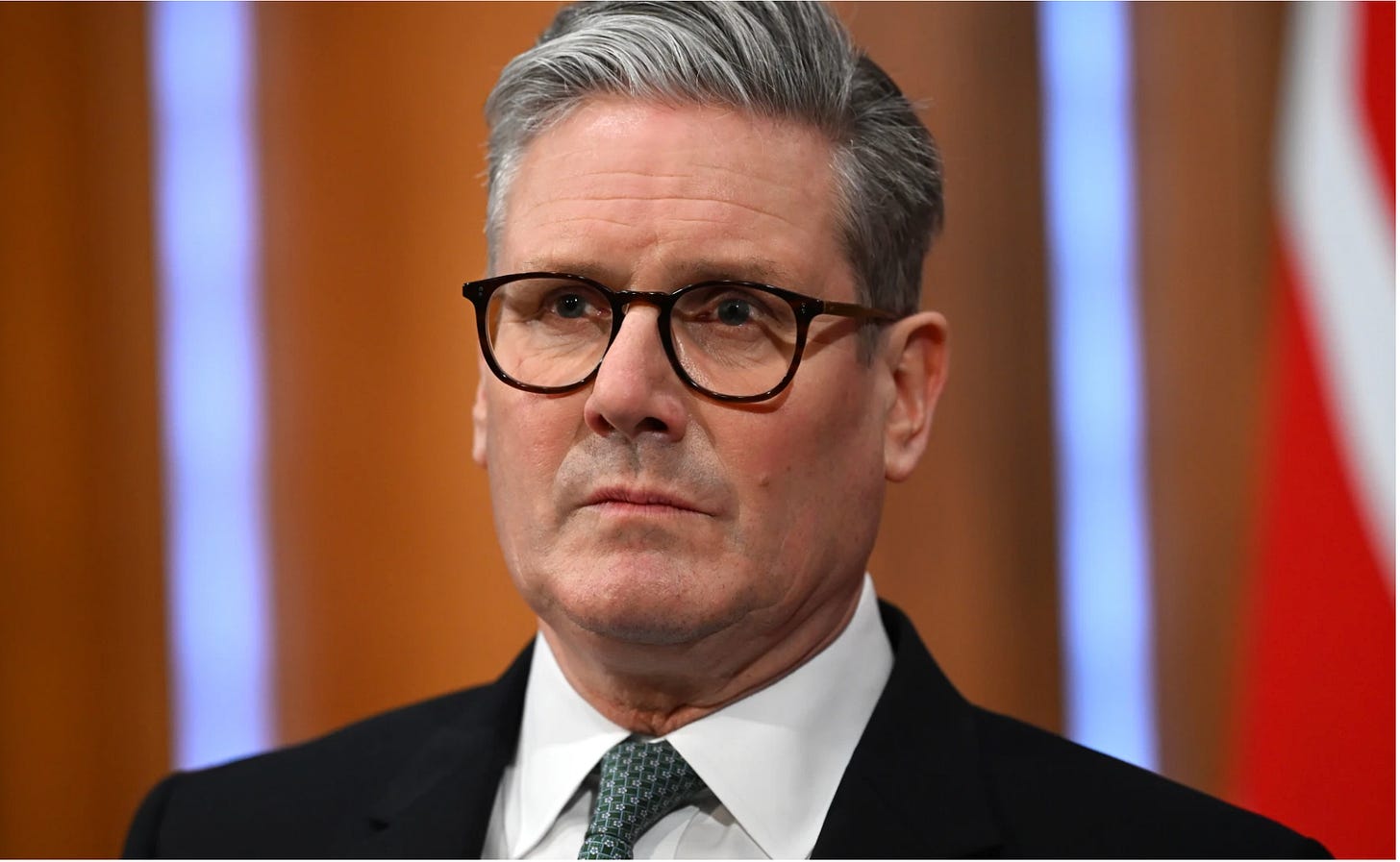Global Profile: Keir Starmer, Prime Minister of the United Kingdom
Not Boring—British and the best bet for stability in the chaotic west
Leon Neal/Getty Images
To many Americans, Keir Starmer seems dull, lawyerly, polite—forgettable. But that perception says more about American political culture than it does about Starmer himself.
Starmer represents something profoundly un-American: competent restraint. And that may be exactly what Europe—and the…



